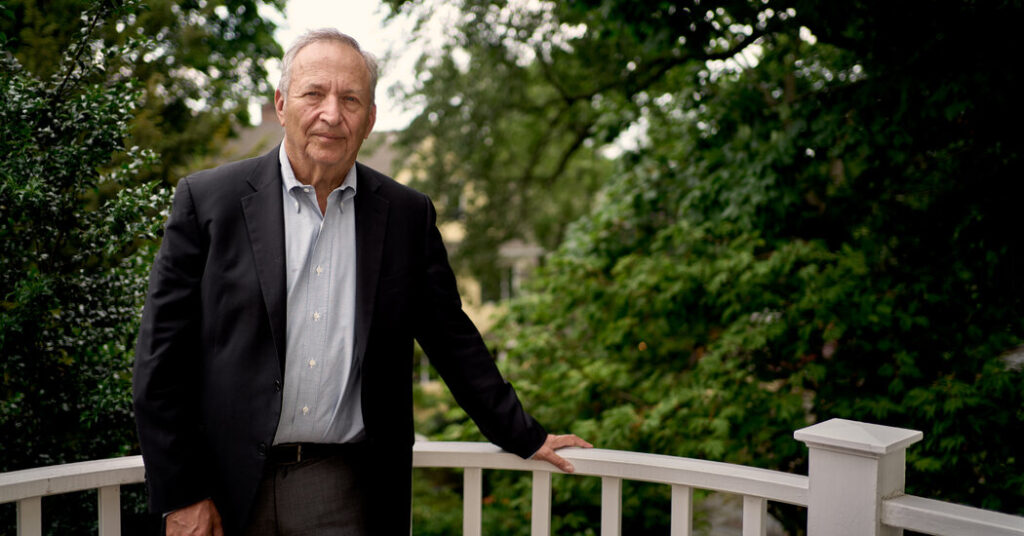Lawrence H. Summers, the former Treasury secretary, will step down from the board of the artificial intelligence start-up OpenAI, he and the company said on Wednesday, after Congress released emails last week that showed Mr. Summers had regularly corresponded with the disgraced financier Jeffrey Epstein.
“In line with my announcement to step away from my public commitments, I have also decided to resign from the board of OpenAI,” Mr. Summers, 70, said in a statement. “I am grateful for the opportunity to have served, excited about the potential of the company and look forward to following their progress.”
In a statement, OpenAI’s board of directors confirmed Mr. Summers’ resignation. “We appreciate his many contributions and the perspective he brought to the board,” it said.
Mr. Summers’ exit from OpenAI is part of the widening fallout of those who were in the orbit of Mr. Epstein, who authorities said killed himself in prison in 2019 while awaiting trial for sex trafficking charges. President Trump and the filmmaker Woody Allen were among those mentioned in the more than 20,000 Epstein estate emails made public by lawmakers this month.
Mr. Summers was mentioned in emails with Mr. Epstein in 2017, 2018 and 2019. The two bantered over various topics, including commenting on the intelligence of women in general and frequently discussing Mr. Trump.
In other exchanges, Mr. Summers appeared to ask Mr. Epstein’s advice on how to pursue a romantic relationship with Keyu Jin, who Mr. Summers described as a mentee. Dr. Jin, a former professor at the London School of Economics, is the daughter of Jin Liqun, a former high-ranking member of the Chinese Communist Party and banking executive. In the emails, Mr. Summers wrote to Mr. Epstein that he was effusive in his praise of Dr. Jin’s father and his work.
The Harvard Crimson previously reported on the email exchanges regarding Dr. Jin, who did not respond to a request for comment.
Mr. Summers joined OpenAI’s board in 2023 to help stabilize the company after its directors ousted Sam Altman, a co-founder and the chief executive. Along with Bret Taylor, a former Salesforce and Twitter executive, and Adam D’Angelo, another director, Mr. Summers helped to reinstate Mr. Altman and expand the board to include an additional five independent directors.
OpenAI has since attracted tens of billions of dollars in private capital investment and developed closer ties with the federal government.
Last month, the company adopted a for-profit structure, moving away from one that blended a nonprofit with a for-profit company. The long-sought change allows OpenAI to operate like a more traditional business, while it continues to raise the enormous sums of money it needs to develop artificial intelligence. It is valued at more than $500 billion.
(The New York Times has sued OpenAI and Microsoft, claiming copyright infringement of news content related to A.I. systems. The two companies have denied the suit’s claims.)
Mike Isaac is The Times’s Silicon Valley correspondent, based in San Francisco. He covers the world’s most consequential tech companies, and how they shape culture both online and offline.
The post Larry Summers Resigns From OpenAI’s Board appeared first on New York Times.




